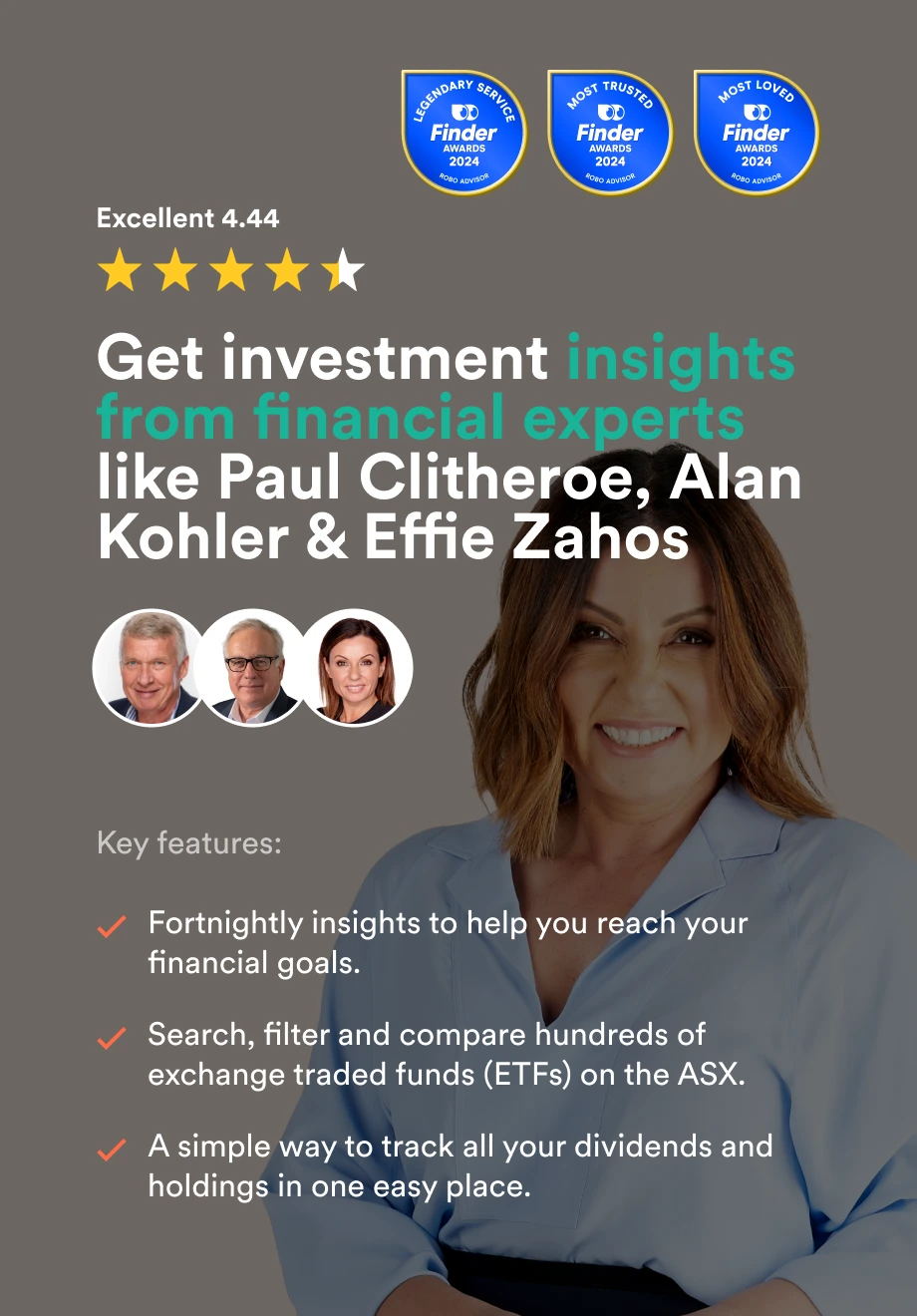What portfolio to invest in?
Question
We are retired with no super. We own our own house and have about $800,000 to invest. My husband has a DVA pension of $38,000 per year. We want another $25,000 per annum in dividends to live on for the next 20 years. (hopefully) and our capital to grow. Should I put all our money in the high growth portfolio ? - Submitted by Wendy
Answer
Hi Wendy,
Firstly we cannot give you advice on which portfolio to invest in. I can say that all of the InvestSMART Diversified Portfolios have the option to have a monthly income payment. There are three ways you can set this up:
- A regular withdrawal: This is where you set a dollar value to be drawn from your portfolio and paid into a bank account of your choice every month.
- An income sweep: At the end of each month we calculate all of the dividends and interest paid to your account by the investments you hold and transfer that out to a bank account of your choice.
- A combination of the above
You can set these options up when you open up an account with InvestSMART or you can turn them on or amend them easily online when the account is open.
Here's where you will find all of our portfolios https://www.investsmart.com.au/invest-with-us. We cannot give you personal advice on which one would be right for you but we can talk generally about the holdings of each portfolio.
You will also notice in the Key Facts section each portfolio has an estimated income percentage. This is based on the forecasted dividend yield of the holdings. It is a forecast only. Also, keep in mind you will notice the yield increases with the risk profile of the portfolio.
Regards,
Tom Wilson






















